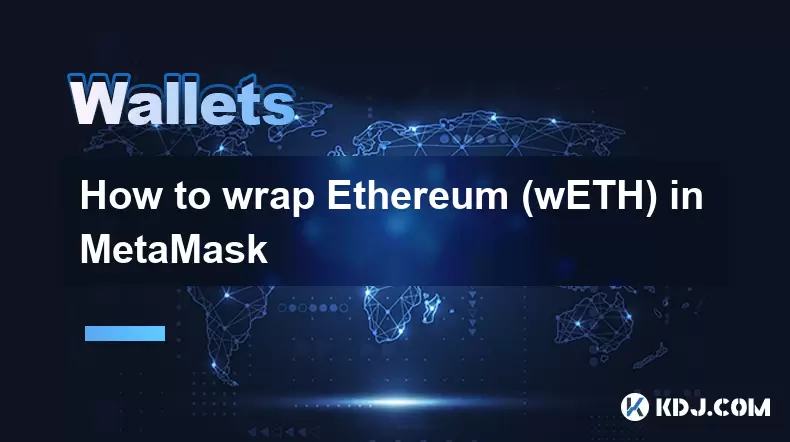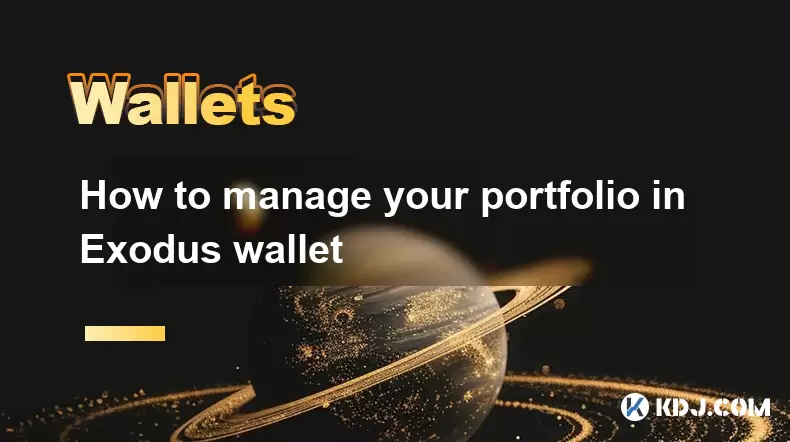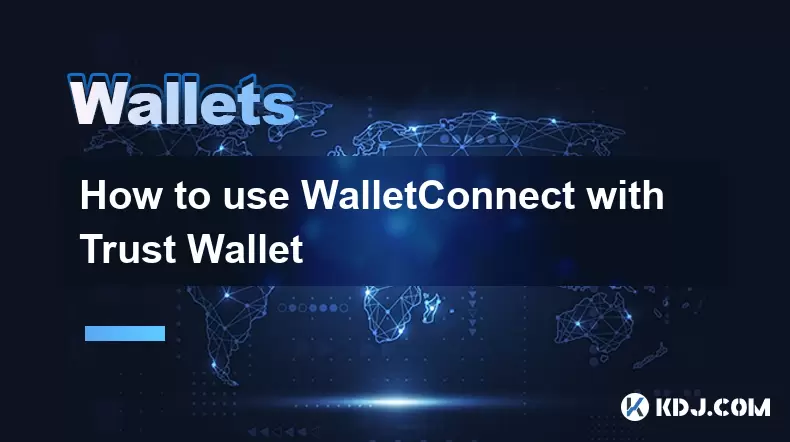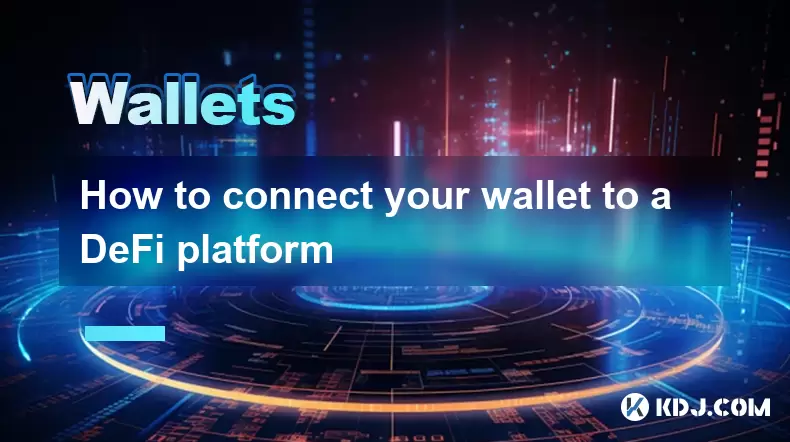-
 Bitcoin
Bitcoin $118300
0.75% -
 Ethereum
Ethereum $4544
3.21% -
 XRP
XRP $3.128
-0.31% -
 Tether USDt
Tether USDt $1.001
0.02% -
 BNB
BNB $861.4
3.94% -
 Solana
Solana $192.2
3.12% -
 USDC
USDC $1.000
0.01% -
 Dogecoin
Dogecoin $0.2332
0.92% -
 Cardano
Cardano $0.9702
6.55% -
 TRON
TRON $0.3513
-0.44% -
 Chainlink
Chainlink $24.69
14.60% -
 Hyperliquid
Hyperliquid $47.42
1.65% -
 Stellar
Stellar $0.4307
0.74% -
 Sui
Sui $3.826
3.32% -
 Bitcoin Cash
Bitcoin Cash $590.6
0.12% -
 Ethena USDe
Ethena USDe $1.001
-0.01% -
 Hedera
Hedera $0.2560
2.83% -
 Avalanche
Avalanche $24.84
4.94% -
 Litecoin
Litecoin $122.0
2.95% -
 Toncoin
Toncoin $3.493
0.20% -
 UNUS SED LEO
UNUS SED LEO $9.460
-1.09% -
 Shiba Inu
Shiba Inu $0.00001316
2.12% -
 Uniswap
Uniswap $11.19
2.94% -
 Polkadot
Polkadot $4.059
3.61% -
 Dai
Dai $1.000
0.00% -
 Bitget Token
Bitget Token $4.686
2.09% -
 Cronos
Cronos $0.1530
2.18% -
 Monero
Monero $267.4
11.83% -
 Ethena
Ethena $0.7250
0.52% -
 Pepe
Pepe $0.00001121
3.26%
How to view the current gas fee in imToken?
ImToken shows estimated gas needed, not a single fee, letting users adjust gas limit and price before confirming transactions; understanding these factors is key to managing costs.
Mar 17, 2025 at 12:11 pm

Key Points:
- ImToken doesn't directly display a single "gas fee" number like some simpler platforms. Instead, it shows you the estimated gas needed for your transaction, allowing you to adjust it before confirmation.
- Understanding gas limits and gas prices is crucial for successful transactions and managing costs.
- Several factors influence gas fees, including network congestion and the complexity of your transaction.
- ImToken provides tools to help you manage and optimize your gas fees.
How to View the Current Gas Fee in imToken
Unlike some centralized exchanges that display a single, readily visible "gas fee," imToken presents gas costs in a more nuanced way, reflecting the decentralized nature of Ethereum and other compatible networks. You don't see a single number but rather the components that comprise the total cost. This allows for greater control and understanding of your transaction fees.
To understand your transaction cost in imToken, you need to grasp the concepts of gas limit and gas price. The gas limit represents the maximum amount of computational resources your transaction might require. Think of it like the amount of fuel needed for your car journey. The gas price is the cost per unit of gas. This is akin to the price per liter of fuel. The total gas fee is simply the gas limit multiplied by the gas price.
Before initiating a transaction within imToken, you'll be presented with a screen detailing the transaction parameters. Here, you will see the estimated gas limit and the suggested gas price. ImToken usually provides a recommended gas price based on current network conditions. However, you have the option to adjust both the gas limit and the gas price. Adjusting the gas limit requires careful consideration of your transaction's complexity. Setting it too low might result in transaction failure, while setting it too high unnecessarily increases your costs.
The gas price, on the other hand, is directly related to the speed of your transaction. Higher gas prices generally lead to faster transaction confirmations because miners prioritize transactions with higher fees. Lower gas prices mean longer wait times. The imToken interface clearly displays the estimated transaction fee based on your chosen gas limit and price. It provides a clear breakdown, allowing you to see exactly where your money is going. This transparency is key to controlling your spending.
Finding the Gas Price Information within the ImToken Interface:
- Initiate a Transaction: Begin the process of sending tokens, interacting with a decentralized application (dApp), or performing any other on-chain operation within imToken.
- Review Transaction Details: Before confirming the transaction, you'll see a detailed screen showing the transaction parameters. Look for fields clearly labeled "Gas Limit" and "Gas Price." The interface is designed to be user-friendly, guiding you through the process.
- Adjust Gas Settings (Optional): ImToken often suggests default values for both gas limit and price. However, you can manually adjust these. Increasing the gas price will likely result in a faster confirmation, while decreasing it may prolong the confirmation time.
- Calculate Total Fee: ImToken automatically calculates the total transaction fee (gas fee) based on your chosen gas limit and price. This is clearly displayed before you finalize the transaction. This ensures you are fully aware of the cost before committing.
Factors Influencing Gas Fees:
Network congestion plays a significant role in determining gas prices. During periods of high network activity (e.g., popular token launches, significant dApp usage), gas prices tend to rise substantially as miners compete for transactions. Conversely, during periods of low network activity, gas prices usually decrease.
The complexity of your transaction also impacts gas fees. Simple transactions, such as transferring tokens, require less gas than complex interactions with smart contracts. Therefore, understanding the computational requirements of your transaction is crucial for estimating your gas costs accurately.
The specific blockchain network you're using also matters. Ethereum, with its high usage, often has higher gas fees compared to other less congested networks. ImToken supports multiple networks, and gas fees vary accordingly. Always check the current network conditions before initiating a transaction to get a realistic estimate.
Common Questions:
Q: Why does my gas fee seem to fluctuate?
A: Gas fees are dynamic and change constantly based on network congestion and overall demand. They are not fixed. ImToken displays an estimate at the time of your transaction initiation. The actual fee might vary slightly once the transaction is mined.
Q: What happens if I set the gas limit too low?
A: If your gas limit is too low, your transaction might fail, and you'll lose the transaction fee you paid. ImToken will usually warn you if the gas limit seems insufficient.
Q: Can I choose a gas price of zero?
A: No. Miners require compensation for processing transactions. A zero gas price means your transaction will not be processed.
Q: How can I minimize my gas fees?
A: You can try to transact during periods of lower network congestion (often late at night or early morning). You can also carefully consider the complexity of your transaction and try to optimize it. Choosing a slightly lower gas price will also reduce the fee, though this may increase confirmation time.
Q: What is the difference between gas limit and gas price?
A: Gas limit is the maximum amount of computational resources your transaction can use, while gas price is the cost per unit of that resource. The total gas fee is the product of these two values.
Q: Where can I find more information about gas fees in the imToken app?
A: ImToken's help center and in-app documentation often provides more details on gas fees and how to manage them effectively. Checking these resources is highly recommended for better understanding and control over transaction costs.
Disclaimer:info@kdj.com
The information provided is not trading advice. kdj.com does not assume any responsibility for any investments made based on the information provided in this article. Cryptocurrencies are highly volatile and it is highly recommended that you invest with caution after thorough research!
If you believe that the content used on this website infringes your copyright, please contact us immediately (info@kdj.com) and we will delete it promptly.
- Kazakhstan's Crypto Leap: Bitcoin ETF and Central Asia's Digital Finance Future
- 2025-08-13 12:45:19
- BlockDAG Presale Blazes Past $371M: Fundraising Frenzy Fuels Crypto Sensation
- 2025-08-13 13:05:21
- Meme Coins: Chasing the 2025 Surge – Which Will Moonshot?
- 2025-08-13 10:25:23
- Bitcoin's Wild Ride: Rally, Pullback, and What's Next
- 2025-08-13 10:25:23
- Bitcoin, Bitmax, and Institutional Demand: A New Era of Crypto Investment
- 2025-08-13 10:45:12
- Solana, ROAM, and Airdrops: What's the Buzz in 2025?
- 2025-08-13 11:35:13
Related knowledge

How to wrap Ethereum (wETH) in MetaMask
Aug 13,2025 at 11:36am
Understanding Wrapped Ethereum (wETH)Wrapped Ethereum (wETH) is a tokenized version of native Ethereum (ETH) that conforms to the ERC-20 standard, ena...

How to manage your portfolio in Exodus wallet
Aug 08,2025 at 10:07pm
Understanding the Exodus Wallet InterfaceThe Exodus wallet is a non-custodial cryptocurrency wallet that supports a wide range of digital assets. When...

How to manage your portfolio in Exodus wallet
Aug 13,2025 at 11:35am
Understanding the Exodus Wallet InterfaceThe Exodus wallet is a non-custodial cryptocurrency wallet that supports a wide range of digital assets. Upon...

How to reset your MetaMask password
Aug 08,2025 at 01:28pm
Understanding the MetaMask Password Reset ProcessMany users confuse the MetaMask password with the seed phrase or private key, but they serve differen...

How to use WalletConnect with Trust Wallet
Aug 13,2025 at 01:07am
What Is WalletConnect and Why It Matters for Trust Wallet UsersWalletConnect is an open-source protocol that enables secure communication between dece...

How to connect your wallet to a DeFi platform
Aug 13,2025 at 11:36am
Understanding Wallet Compatibility with DeFi PlatformsBefore connecting your wallet to any DeFi platform, it's essential to ensure your wallet is comp...

How to wrap Ethereum (wETH) in MetaMask
Aug 13,2025 at 11:36am
Understanding Wrapped Ethereum (wETH)Wrapped Ethereum (wETH) is a tokenized version of native Ethereum (ETH) that conforms to the ERC-20 standard, ena...

How to manage your portfolio in Exodus wallet
Aug 08,2025 at 10:07pm
Understanding the Exodus Wallet InterfaceThe Exodus wallet is a non-custodial cryptocurrency wallet that supports a wide range of digital assets. When...

How to manage your portfolio in Exodus wallet
Aug 13,2025 at 11:35am
Understanding the Exodus Wallet InterfaceThe Exodus wallet is a non-custodial cryptocurrency wallet that supports a wide range of digital assets. Upon...

How to reset your MetaMask password
Aug 08,2025 at 01:28pm
Understanding the MetaMask Password Reset ProcessMany users confuse the MetaMask password with the seed phrase or private key, but they serve differen...

How to use WalletConnect with Trust Wallet
Aug 13,2025 at 01:07am
What Is WalletConnect and Why It Matters for Trust Wallet UsersWalletConnect is an open-source protocol that enables secure communication between dece...

How to connect your wallet to a DeFi platform
Aug 13,2025 at 11:36am
Understanding Wallet Compatibility with DeFi PlatformsBefore connecting your wallet to any DeFi platform, it's essential to ensure your wallet is comp...
See all articles

























































































